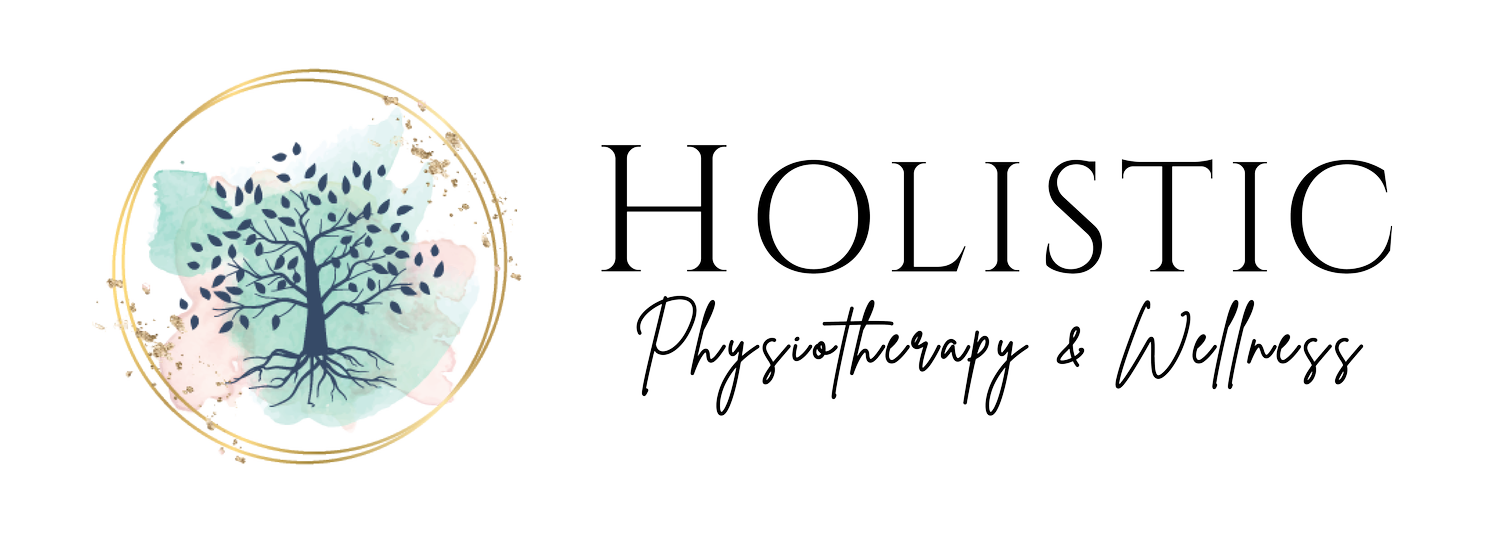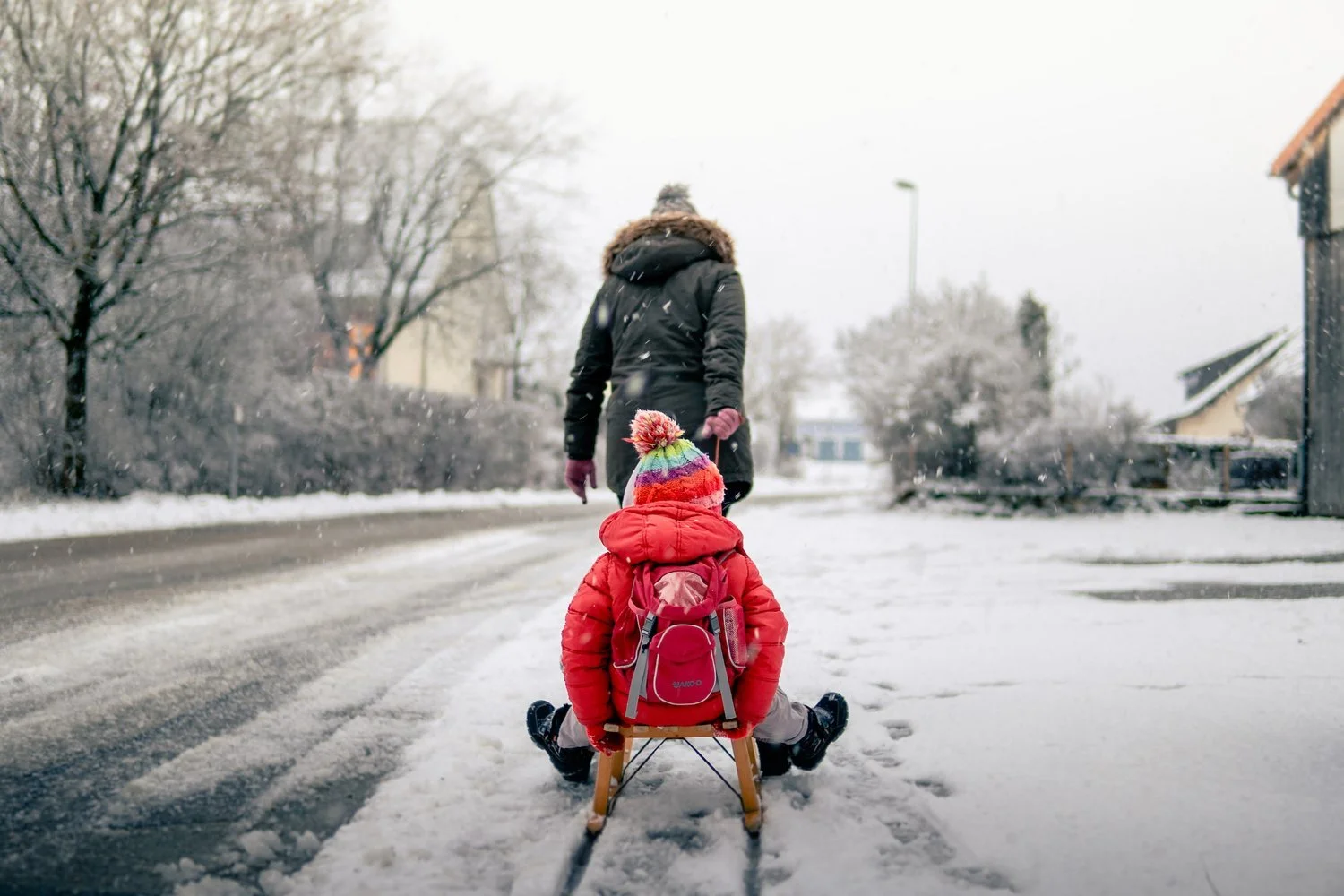Empowering Pediatric Health: A Holistic Approach for Children’s Well-being
Written By Danielle Bararuk | March 6 2023
Movement, Play, and the Holistic Health of Your Child
Children love to play. More than anything, they usually love to play with their parents or primary caregivers. It’s fun, it’s silly, and when movement is involved, it is a powerful tool for the holistic health of your child, from babies and toddlers all the way up to tweens and teens. When we talk about the pentagon of wellness, movement, exercise, and play check all the boxes.
Physical:
We all know that exercise is important for a healthy body. According to the Centers for Disease Control and Prevention (CDC), children ages 3 through 5 years require physical activity all throughout the day. Children and adolescents ages 6 through 17 need to engage in 60 minutes of activity every day. Building stronger muscles and bones, better cardiovascular health and endurance, coordination and balance, and reduced chances of developing many diseases. All good things for the body.
Spiritual:
Through play, children learn about the world and about themselves. They exercise more than just their bodies – play engages their imagination and inspiration, allowing them to create a universe that meets their spiritual needs.
Intellectual:
There’s no doubt about it. Research shows links between movement and cognitive development. In the first years of a child’s life, learning to roll over, crawl, walk, run, and skip are important milestones that demonstrate an ever-expanding brain-body connection. Movement activates the brain. In particular, for the toddler set, activities that involve coordination and cooperation between the left and right sides of the body are essential. That’s partly why the Hokey Pokey is a perennial children’s classic!
Energetic:
Most days, the energy of a typical child can run us ragged. But that energy can come out in both positive and negative ways. Physical activity through play is transformative, using the child’s natural enthusiasm in ways that stimulate growth and development. The alternative is a young person with pent-up energy who expends it in tantrums, poor sleep patterns, or general moodiness. Setting your child up for success and a sound night’s sleep means finding healthy ways to express that vitality and vigour.
Psycho-social-emotional:
As discussed above, without play and physical exercise, a child can end up with excess energy that leads to extreme emotional outbursts or other unwanted behaviours. The opposite is also true. As adults, we understand that exercise is critical to our mental and emotional well-being, and the same is true for our little ones. Through movement and play, children develop confidence, self-esteem, and independence and learn essential social skills like cooperation and negotiation with peers, communication, and problem-solving.
As important as exercise, play, and movement are for children of all ages, it’s equally important to recognize that every body – even the tiniest among us – is unique and develops at different paces. Milestones are meant to be guidelines, not fixed posts.
Yet, as parents, we have strong intuitions where our children are concerned. And when something doesn’t seem quite right, even when they don’t have the words to tell us, there are steps we can take to evaluate and address any developmental delays, physical disabilities, or struggles with gross motor skills and functional mobility skills.
That’s where someone trained in pediatric physiotherapy can help. Don’t worry alone, because there is a community here for you at Holistic Physiotherapy & Wellness. Don’t wait until your infant has the words to tell you what’s wrong or until small problems turn into bigger ones.
Individual treatment plans would vary greatly based on the child and their needs, but in broad strokes, paediatric physiotherapy is likely to include hands-on techniques, exercises, and interventions designed to improve any functional impairments for greater muscle tone and strength, coordination, balance, and posture, and mobility and range of motion.
You know your child better than anyone else in the world. If your instinct says that something isn’t right, let’s address it together. Children are born to move and nothing should get in their way (except nap time!)
Danielle Bararuk
Clinical Director, BScPT


